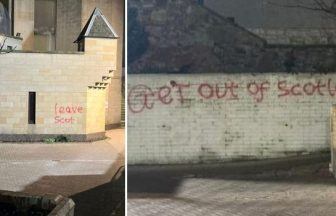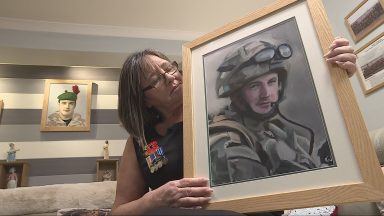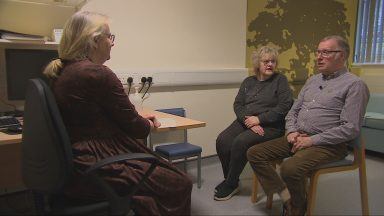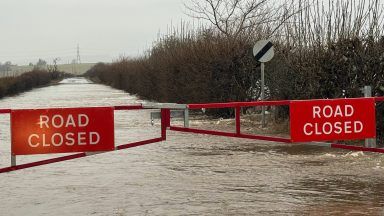Police Scotland’s proposal to use live facial recognition technology has been criticised, with pertinent questions issued to the Scottish Government about whether legal advice had been sought.
Chief Constable Jo Farrell vowed to utilise Artificial Intelligence and live facial recognition technology as part of a six-year strategy revealed last month – where she compared it to medical breakthroughs in detecting cancer.
On Thursday, 65 cross-party politicians, including David Davis, Joanna Cherry KC and former Shadow Attorney General Shami Chakrabarti, called for an “immediate stop” to live facial recognition surveillance – backed by 31 organisations including Amnesty International – citing “discriminatory impacts”.
Scottish Lib Dem justice spokesperson Liam McArthur submitted 40 parliamentary questions into the proposed policy, including one “to ask the Scottish Government, in light of the reported proposals from the Chief Constable of Police Scotland, what its response is to reports that the use of live facial recognition by South Wales Police has produced 2,833 false alerts, compared with only 72 resultant arrests”.
He also asked the Scottish Government “whether Police Scotland has shared any evidence for the claim that ‘AI will help us take violent perpetrators off the streets quicker and will keep your children safe’,” and “whether it agrees that non-consensual use of AI in public for live facial recognition is ‘parallel’ to consensual use in confidential medical settings”.
Mr McArthur filed the questions in a bid to force the Scottish Government to explain how plans are compatible with “equalities and civil liberties” concerns, citing reports of “19% accuracy” experienced by the Met Police.
Professor Angela Daly, from the University of Dundee’s Leverhulme Research Centre for Forensic Science, described live facial recognition as “not fit for purpose”, according to the Scottish LibDems.
Questions included whether “a reliable estimate of the false negative rate”, and false positive rate had been provided; whether legal advice had been sought; and “view of the overall accuracy”, as well as around data retention.
Mr McArthur said: “I am concerned that decisions that dramatically reframe the relationship between the police and the public are being treated as an inevitable consequence of the march of technology.
“There needs to be a compelling need, an appropriate legal basis and a proper public debate before the police can consider moving forward with measures like this. That simply has not happened.
“If the Scottish Government share these concerns, then they have been awfully quiet about it. Certainly they are concerns that the Justice Committee heard loudly and clearly in the previous session of parliament.
“Ministers and senior officers need to set out why these decisions are being taken and answer for the consequences.
“The police need to be provided with the resources they need to do their jobs. At the same time, the public should have confidence that their rights will be protected. These proposals should not simply be waved through. I look forward to a comprehensive response from the Scottish Government to my concerns.”
A Scottish Government spokesperson said: “The lawful, effective and proportionate use of any technology with facial recognition capability is an operational matter for Police Scotland, who must abide by the Scottish Biometrics Commissioner’s statutory code of practice.”
Follow STV News on WhatsApp
Scan the QR code on your mobile device for all the latest news from around the country


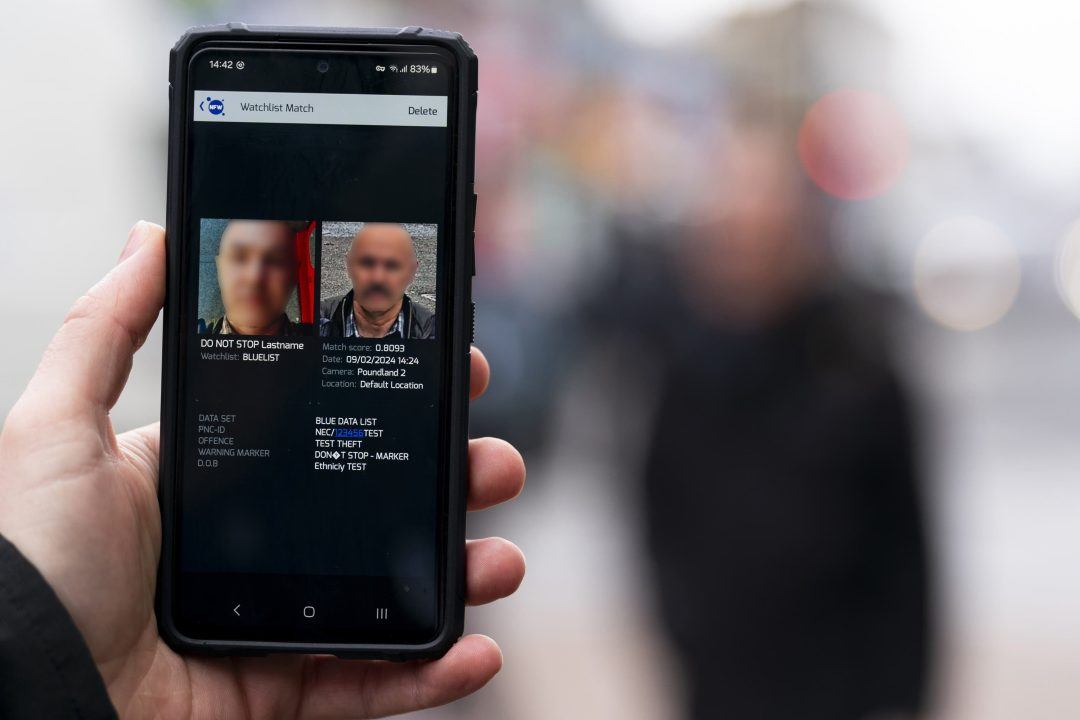 PA Media
PA Media






